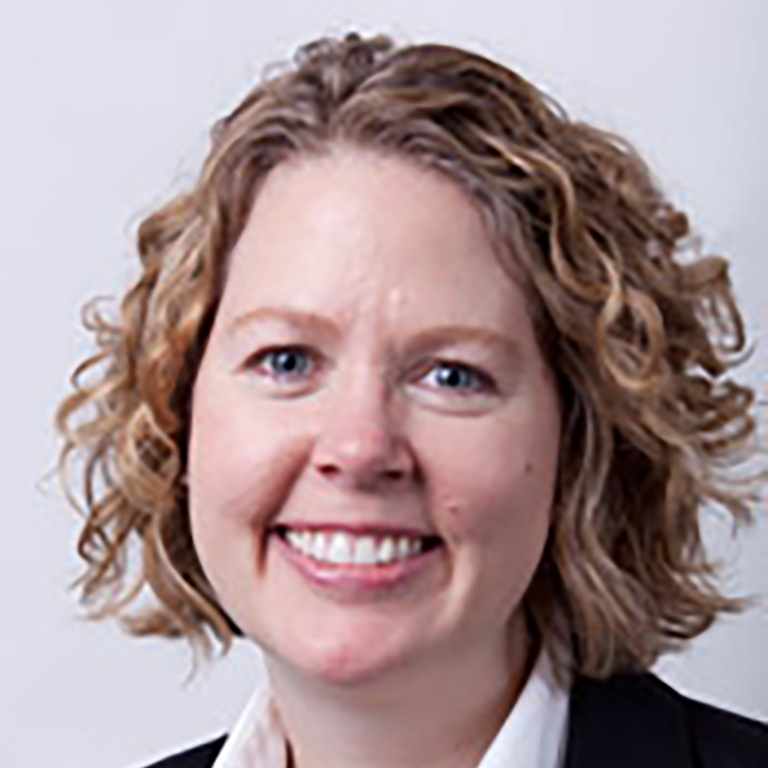- Ph.D., Sociocultural Anthropology, University of Chicago, 2003
- B.A., Afroamerican & African Studies and Political Science, University of Michigan, 1993

Beth Buggenhagen
Associate Professor, Anthropology

Associate Professor, Anthropology
My research analyzes the politics of social production and value, material culture, visuality, gender, Islam, and globalization. These interests have emerged from my fieldwork in Senegal and with Senegalese migrants in New York City and Chicago. My fieldwork in Senegal from 1999-2000 resulted in the book, Muslim Families in Global Senegal (Indiana University Press 2011). I analyze Muslim trade networks and the transmission of enduring social value though cloth and religious offerings. Highlighting women's participation in these networks and the financial strategies they rely on, I consider the connections between economic profits and ritual and social authority. I argue that these strategies are not responses to a dispersed community in crisis, but rather produce new roles, wealth, and worth for Senegalese women in all parts of the globe.
In New York City my research has considered the predicament of Senegalese Muslim traders who deal in grey market goods (designer purses, CDs and DVDs). My work has considered the political dimensions of official and unofficial economies to address topics within and beyond academia such as Islam, civil liberties, immigration reform, debates over new media technologies, unregulated economic networks and the U.S. led global War on Terror. I published this work in a chapter in Hard Work, Hard Times: Global Volatility and African Subjectivities (U. California Press 2010), which I edited with Anne-Maria B. Makhulu and Stephen Jackson.
Currently I am working to complete a book manuscript, Photography in and out of Muslim Senegal. In my research I ask if one of the defining problems of the 21st century is global migration, what does a long-term view from Africa offer? Building on my first ethnography, Muslim Families in Global Senegal, in which I charted the global networks of Senegalese Muslims, I analyze the view from Senegal through photographs in my second book, Photography in and out of Muslim Senegal. Photographs shape and are shaped by global networks of migration. Personal portraits—passed from hand to hand, placed in albums, framed on walls, and displayed at religious and family celebrations—make visible migrants and their networks and become objects that migrate. The impact of this work will be to show a tolerant and urbane practice of Islam through the lens of photography by shifting a polarizing national conversation about Muslim migration in a new direction.